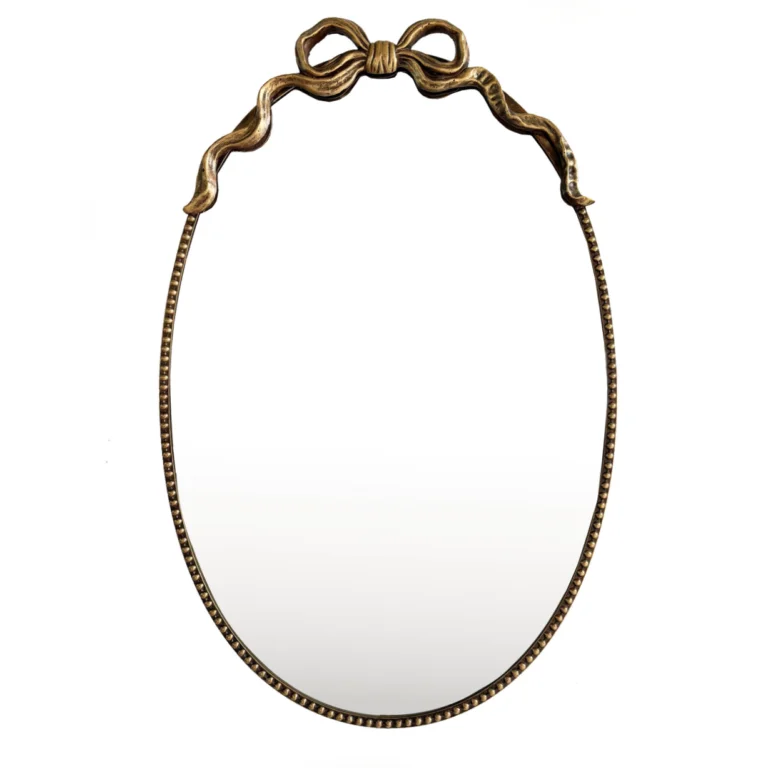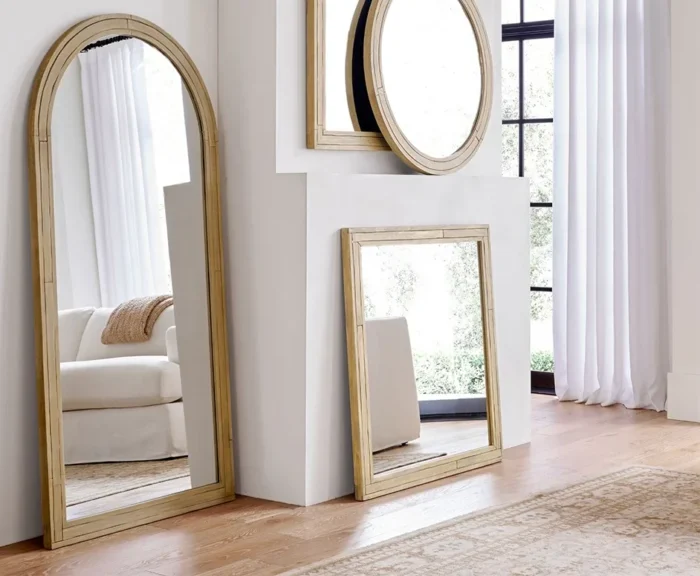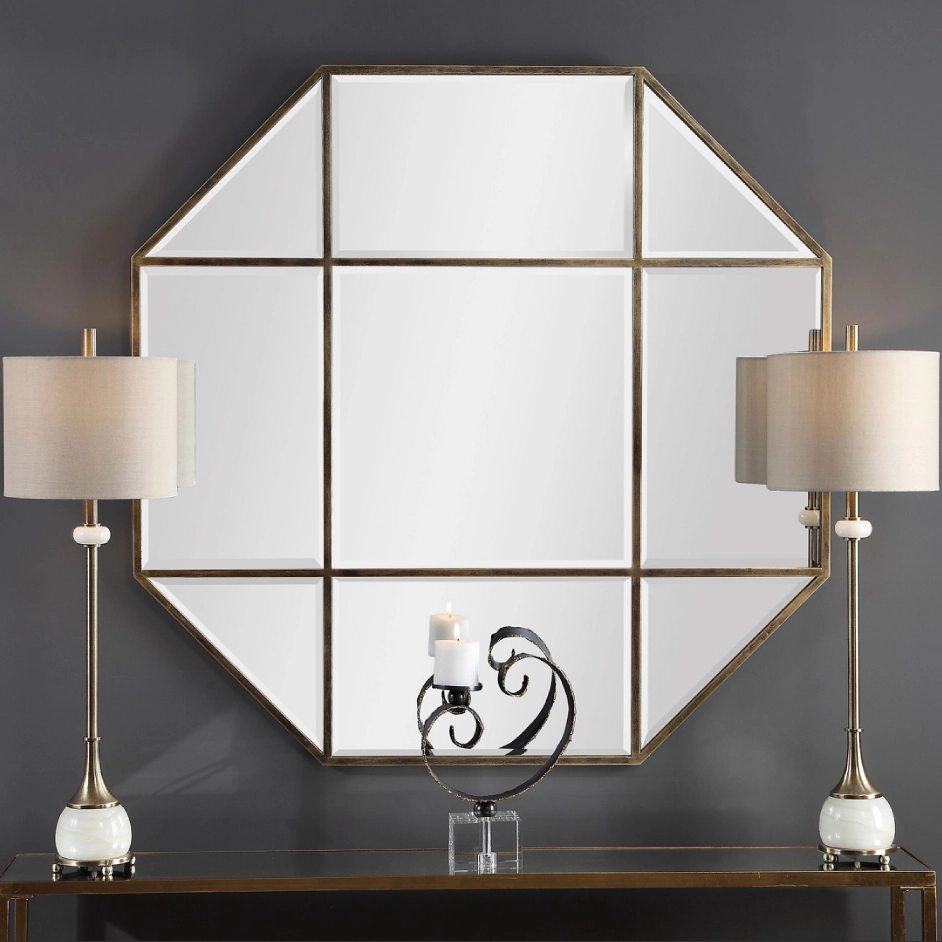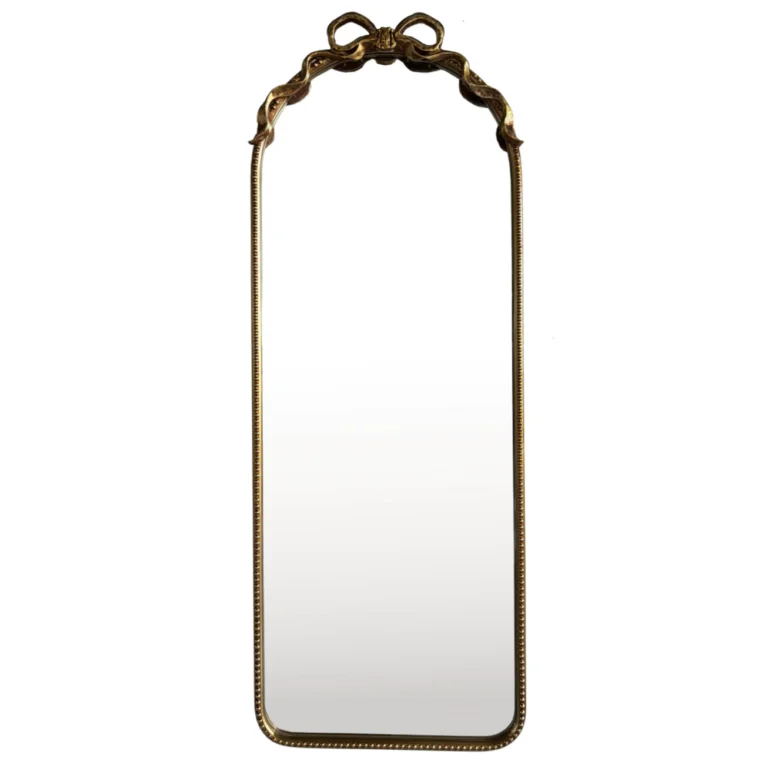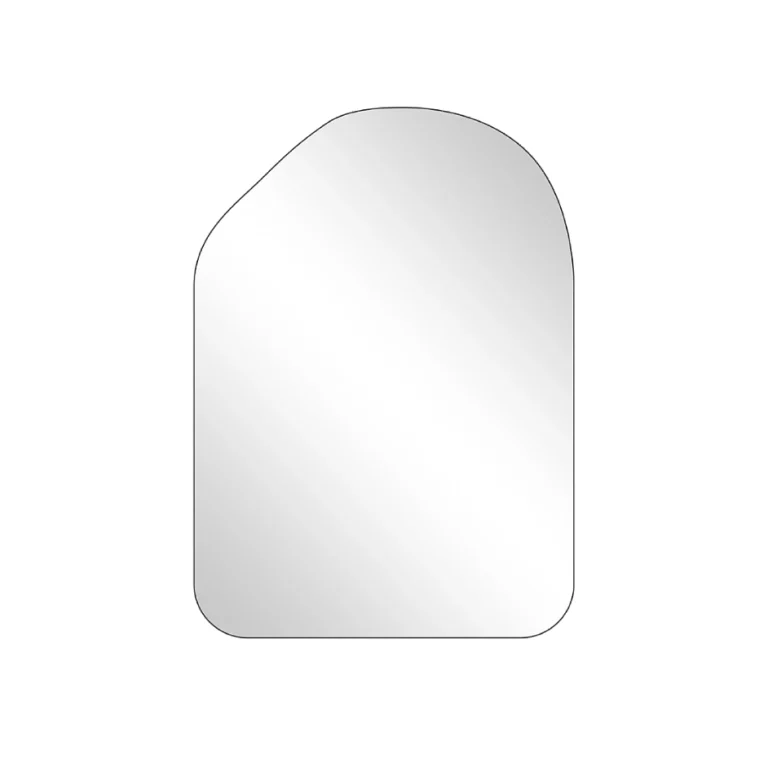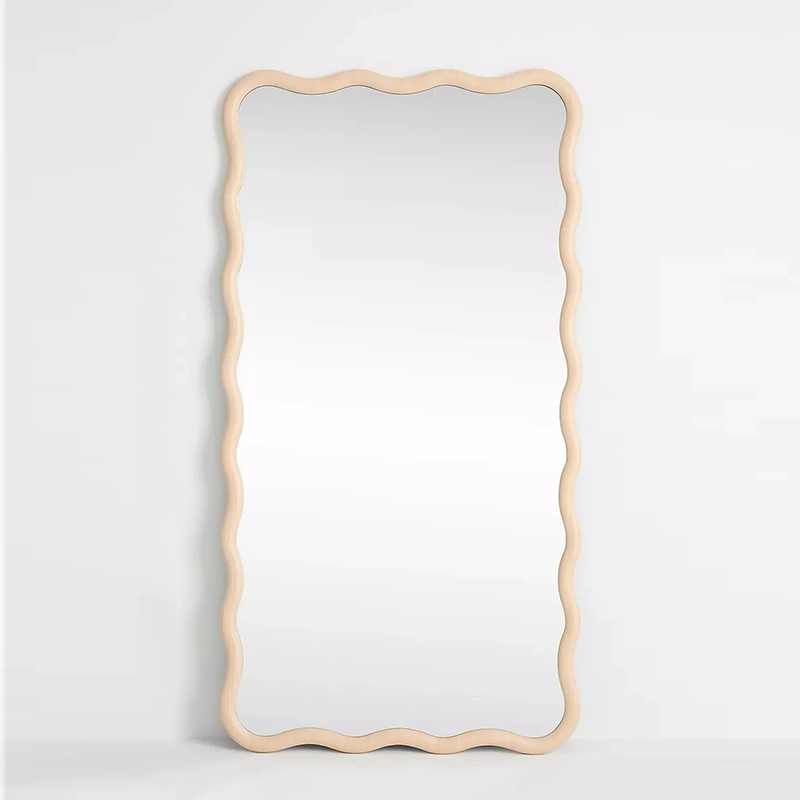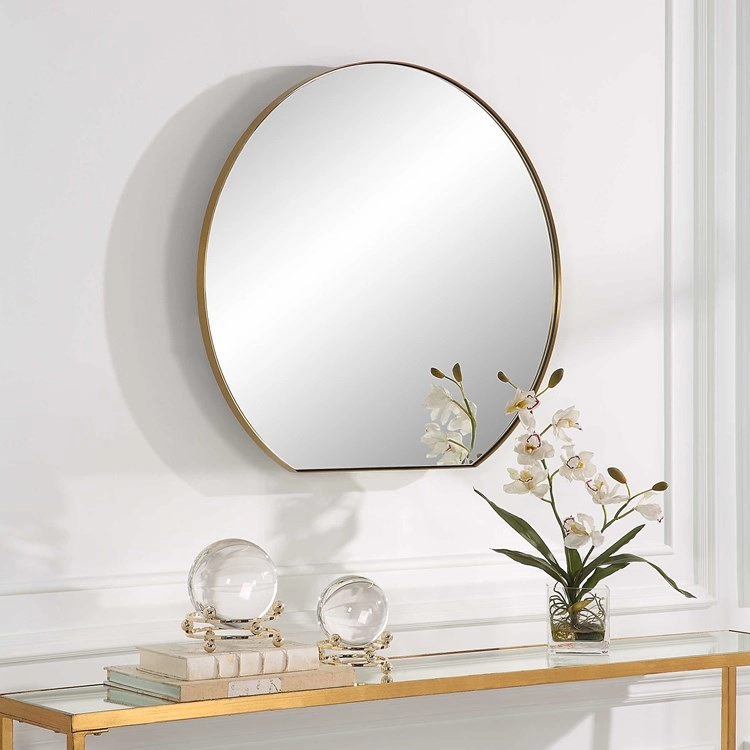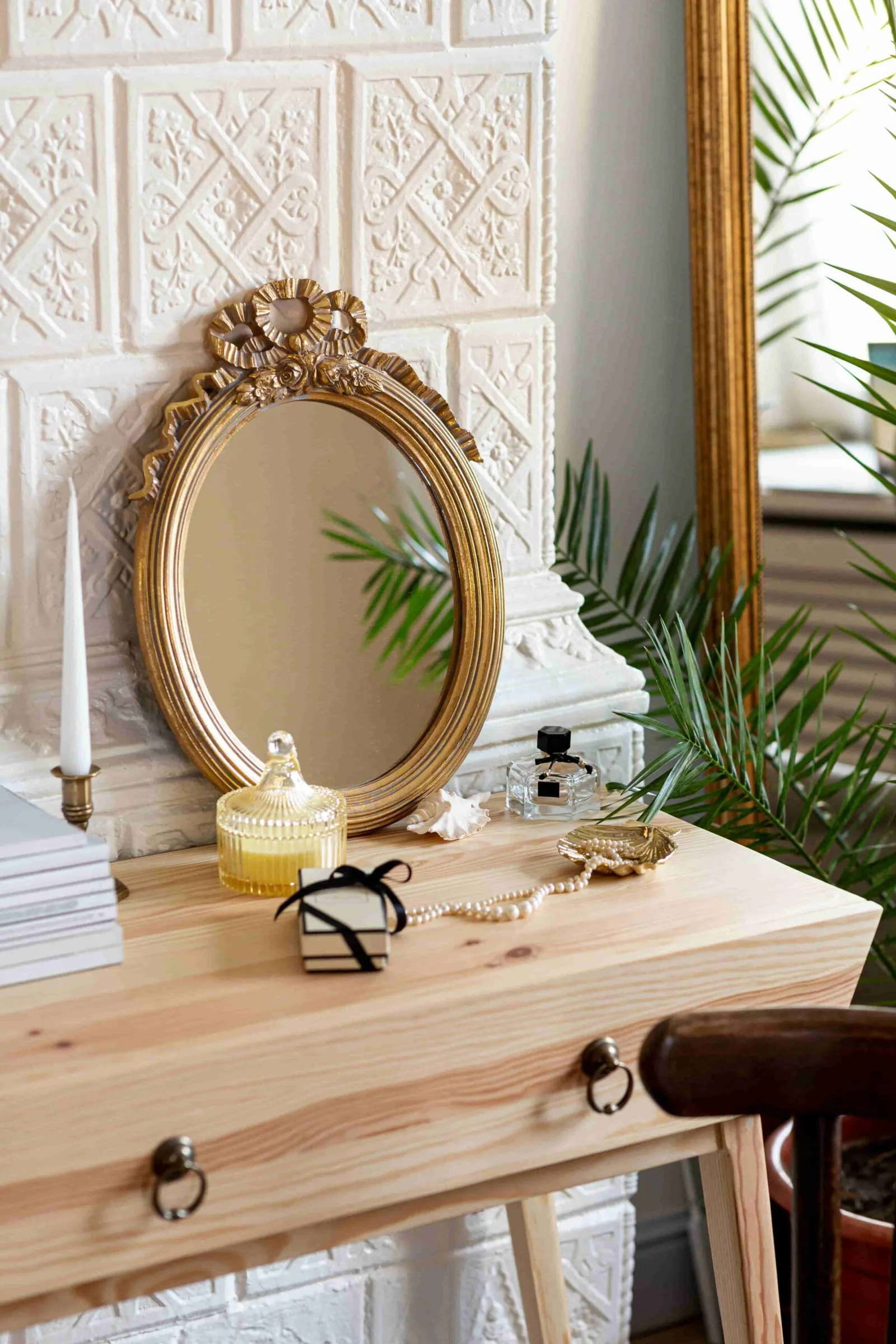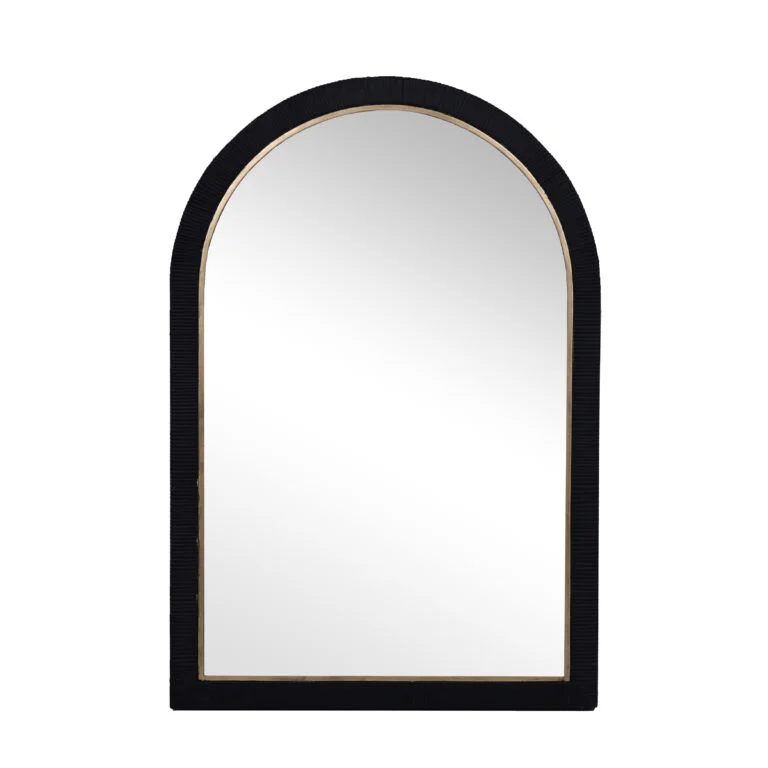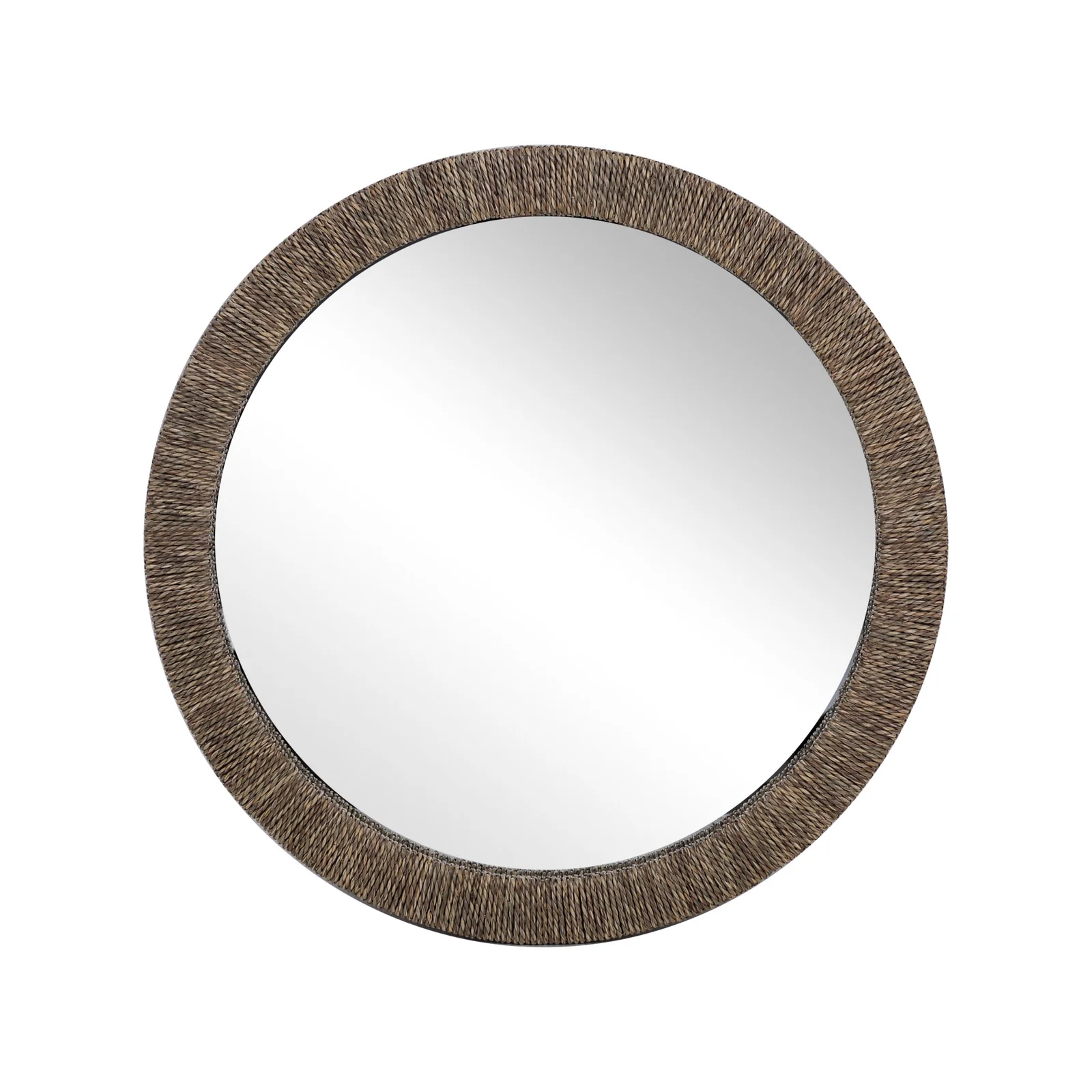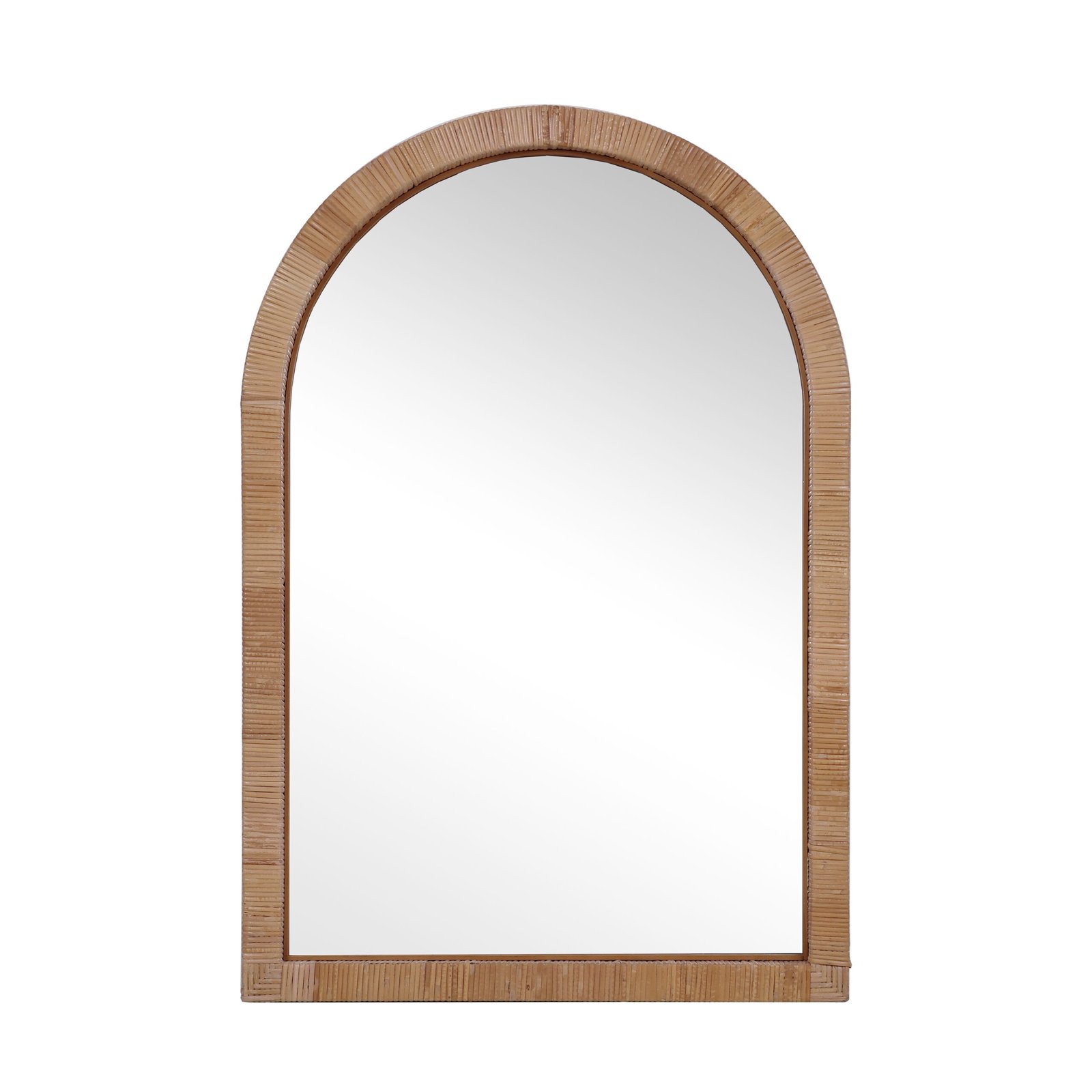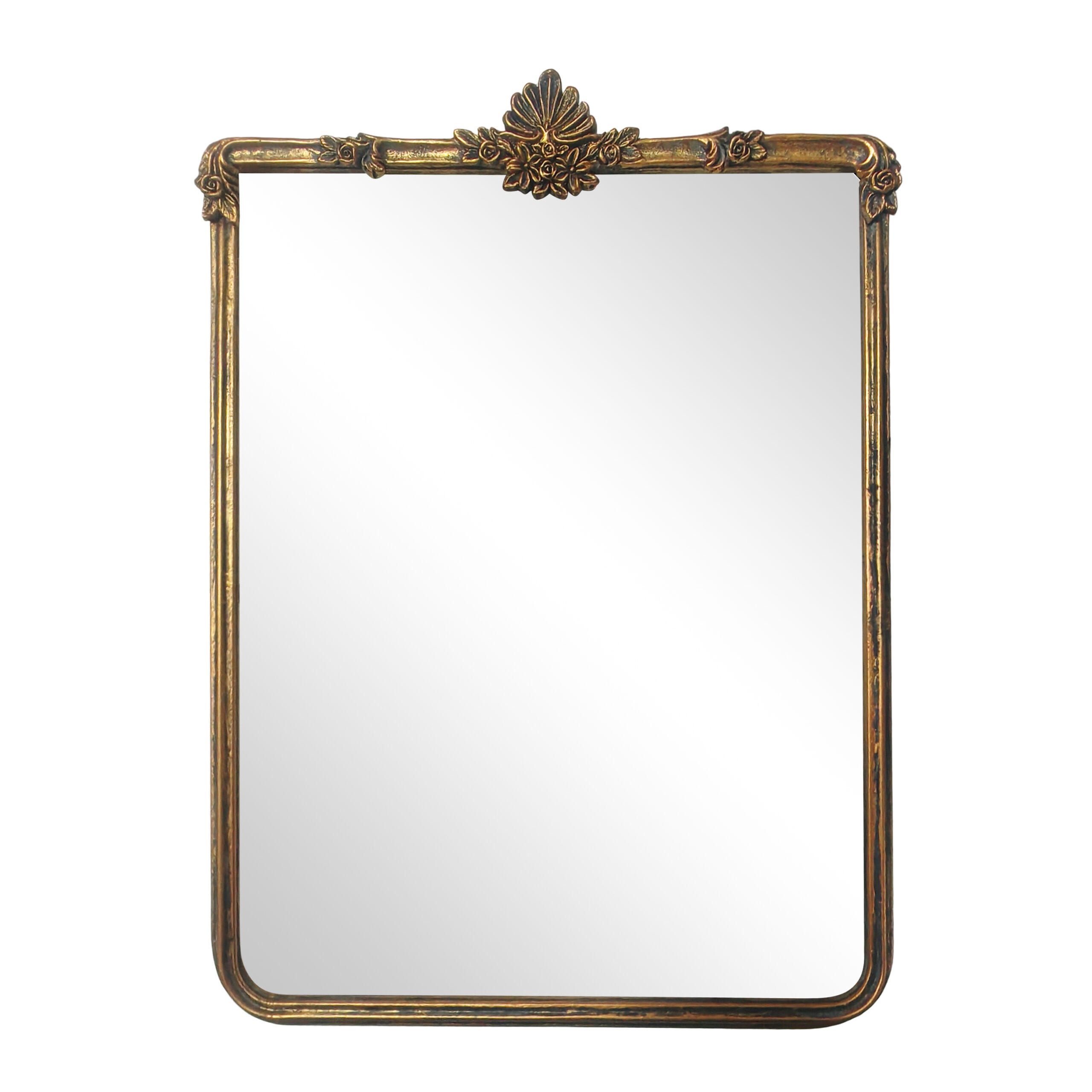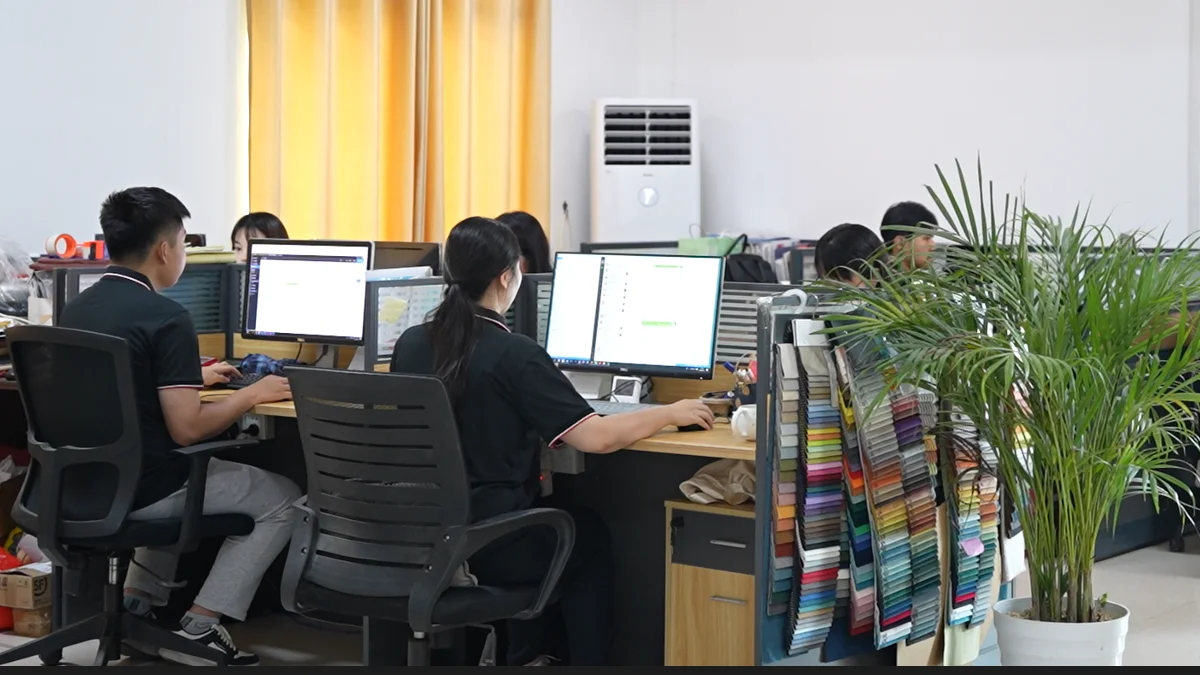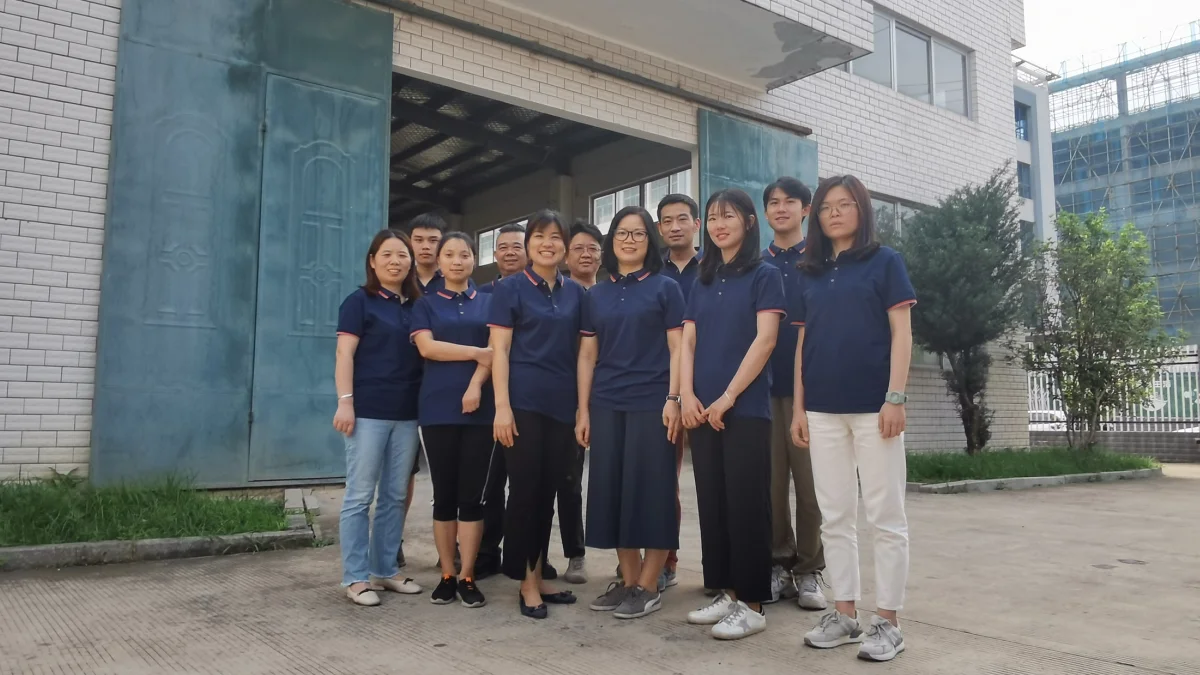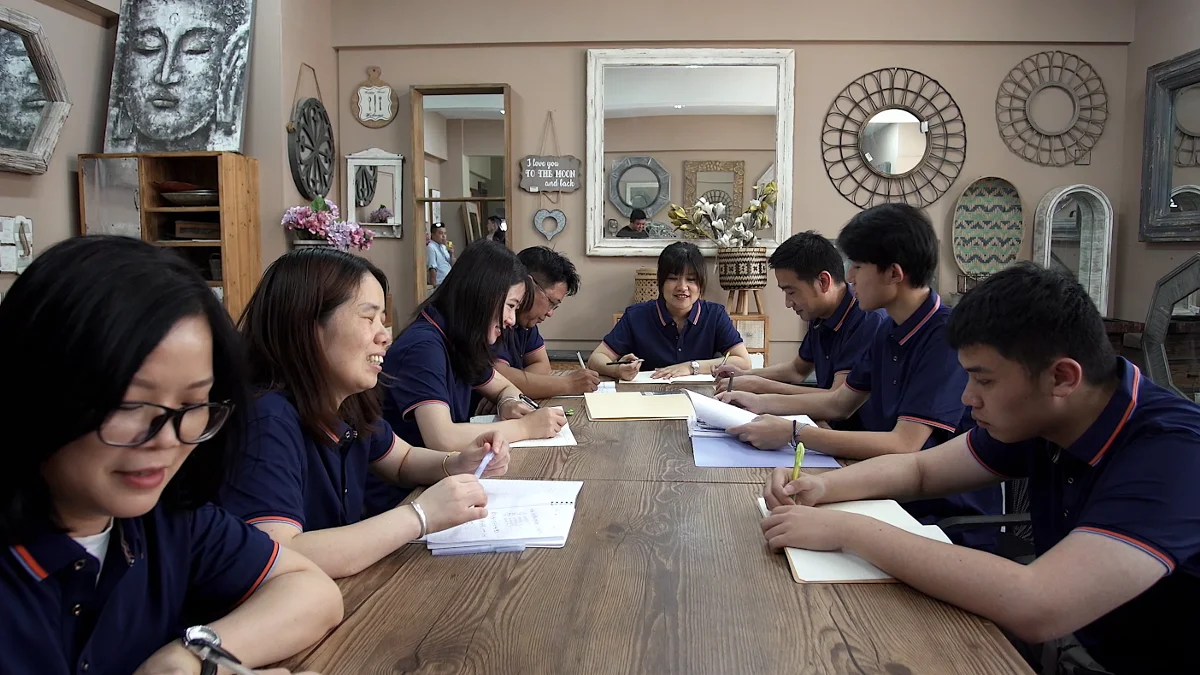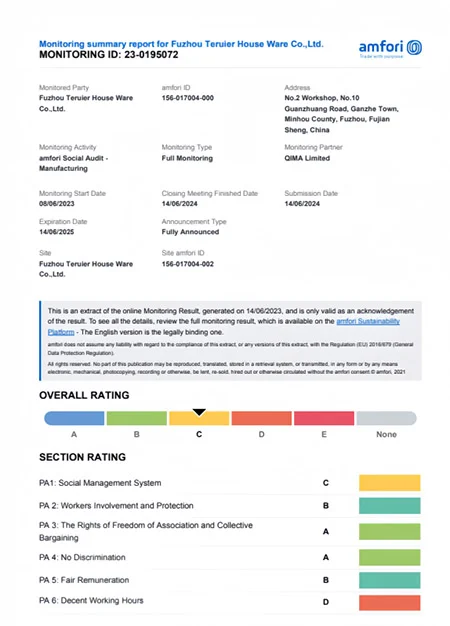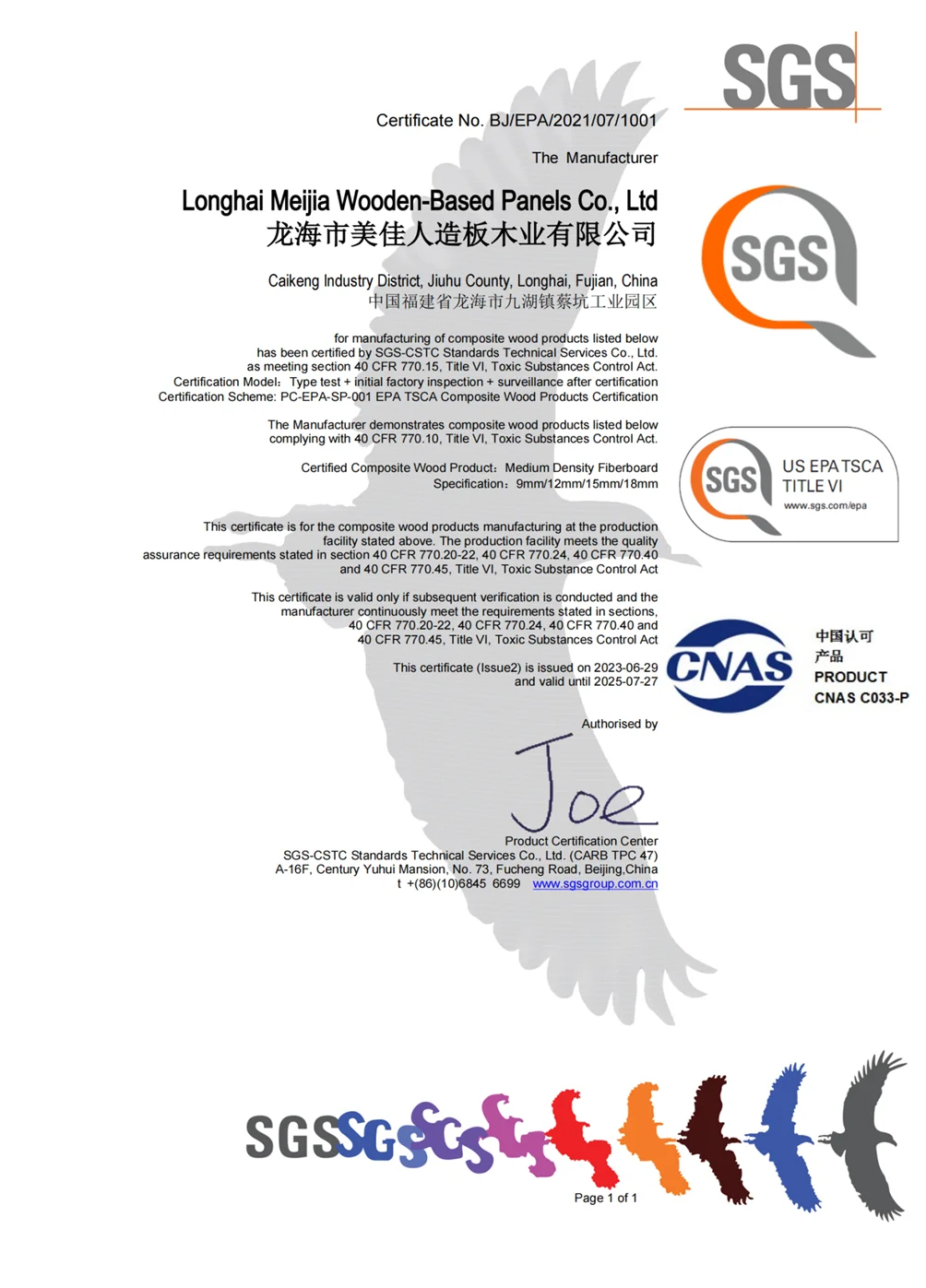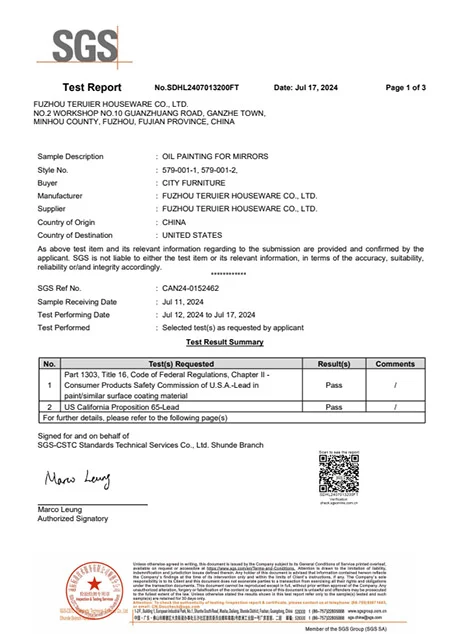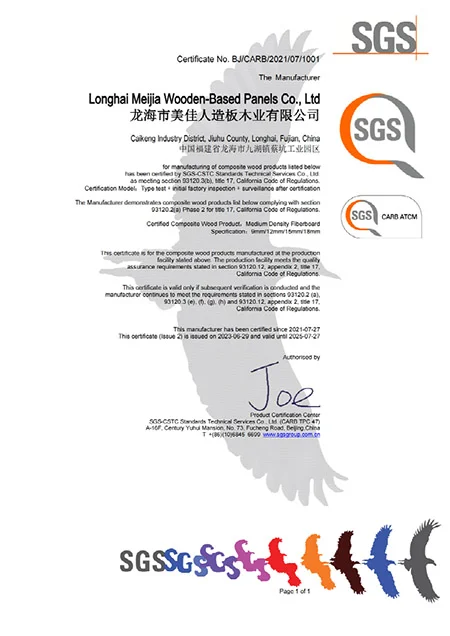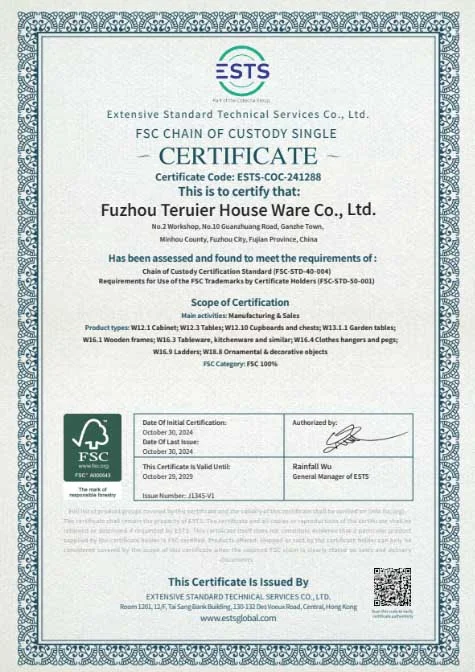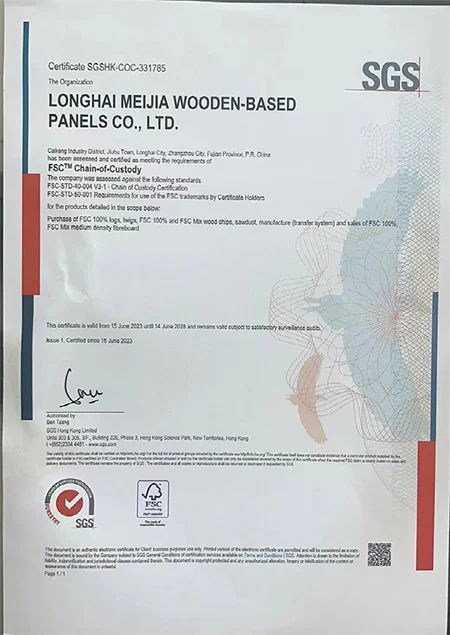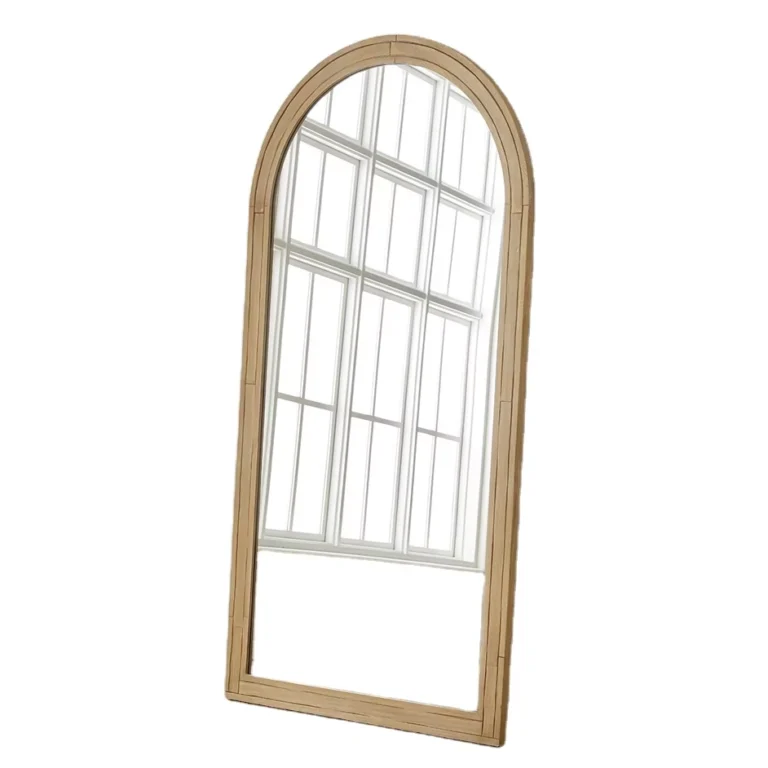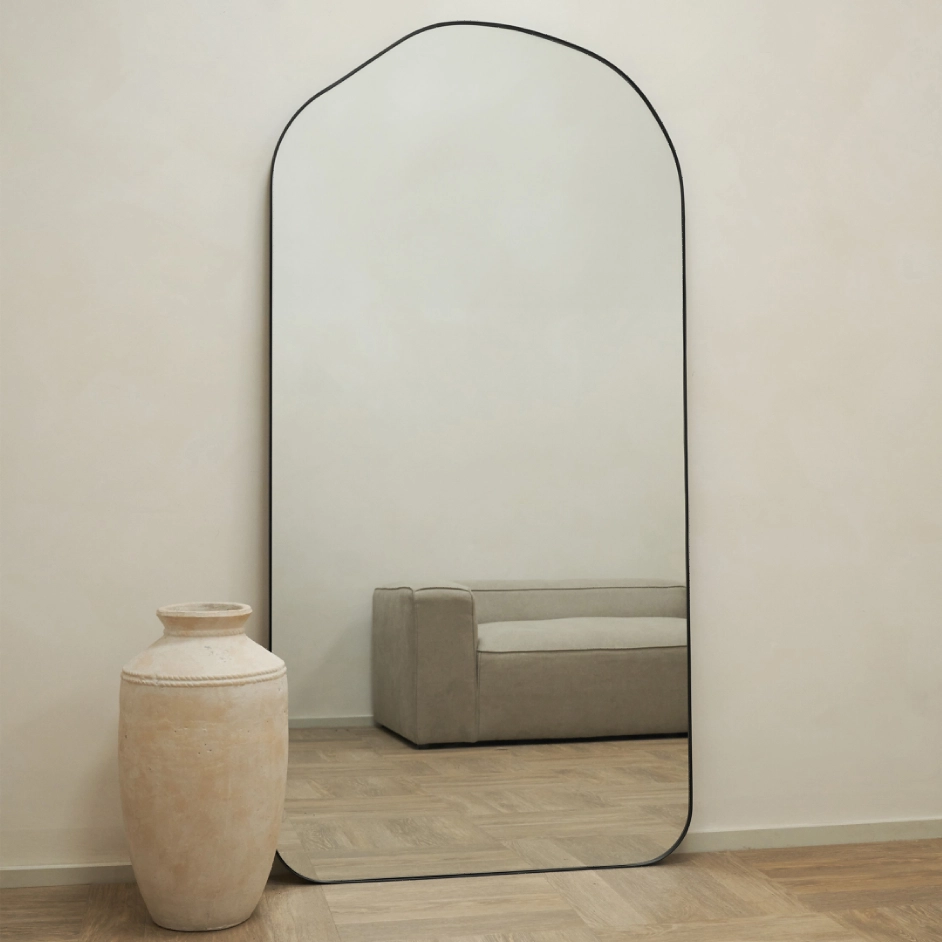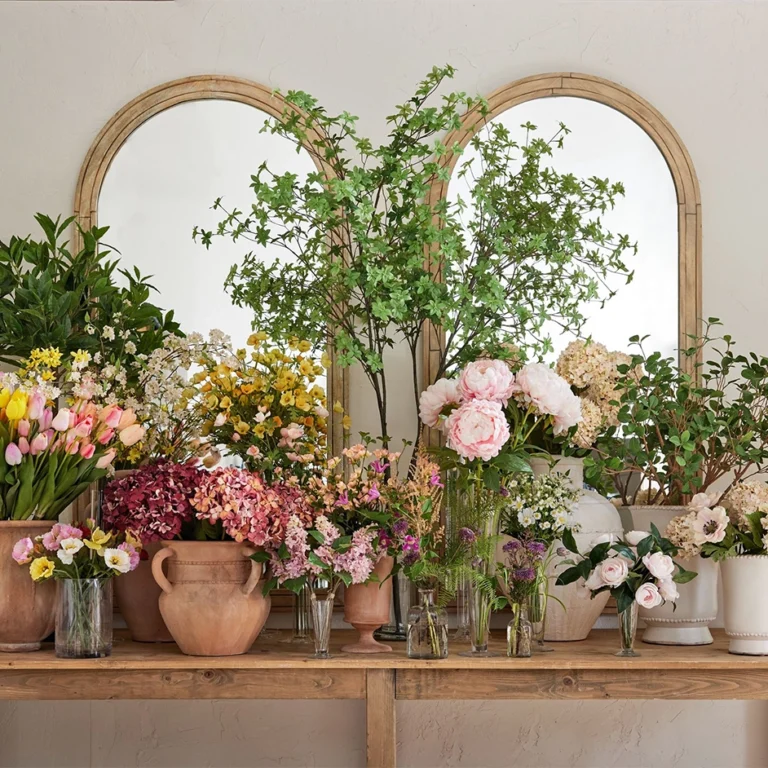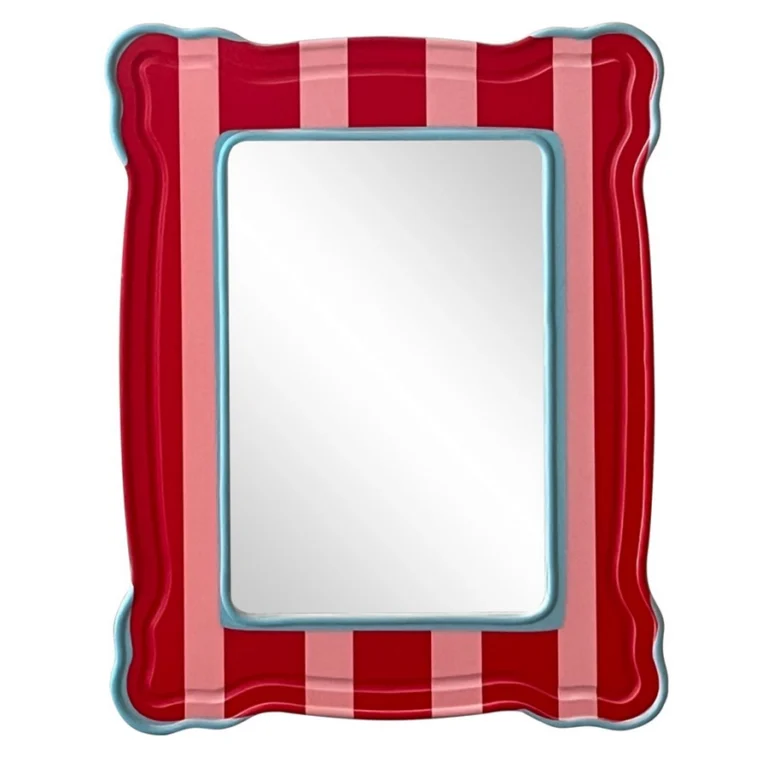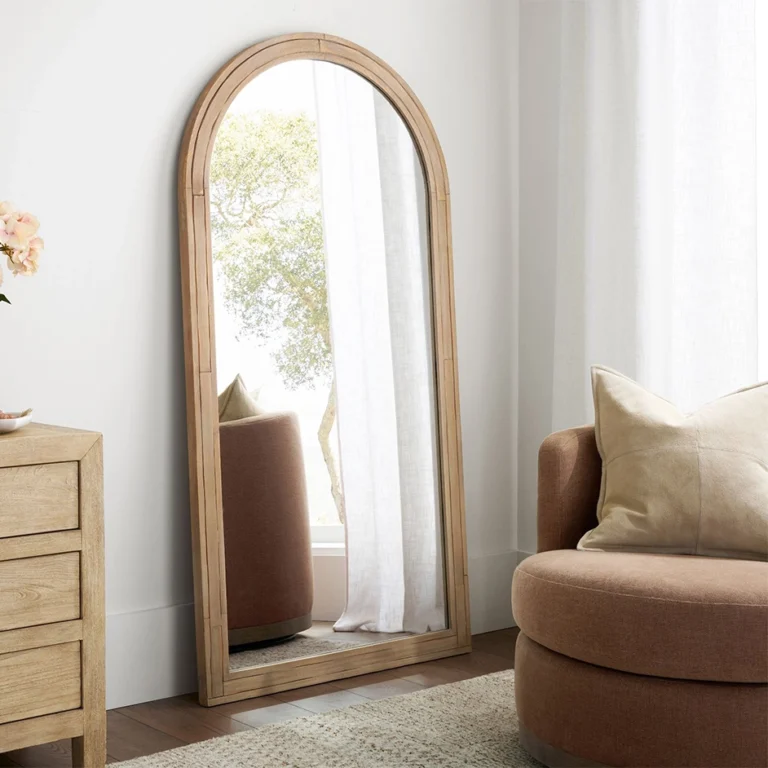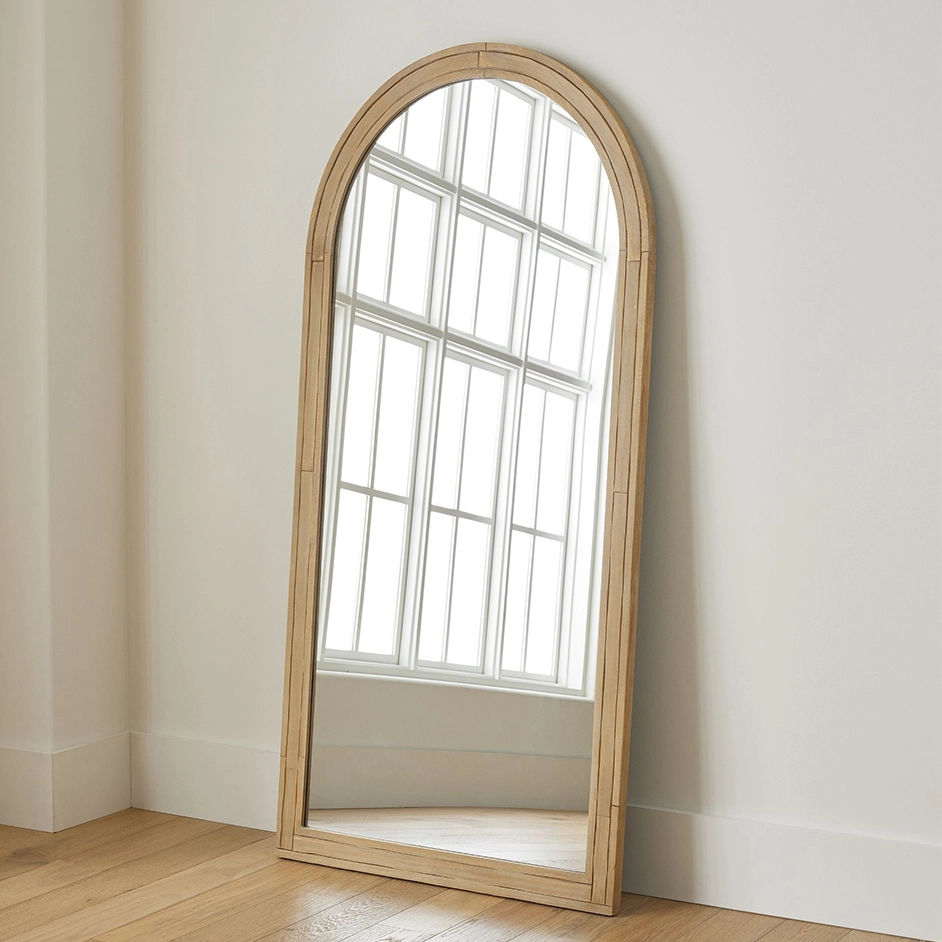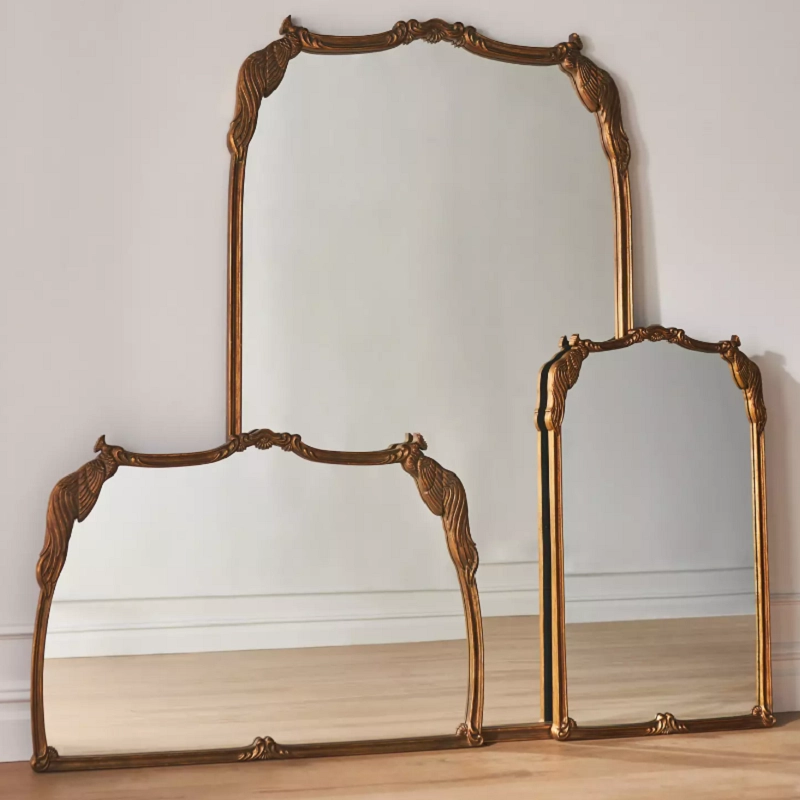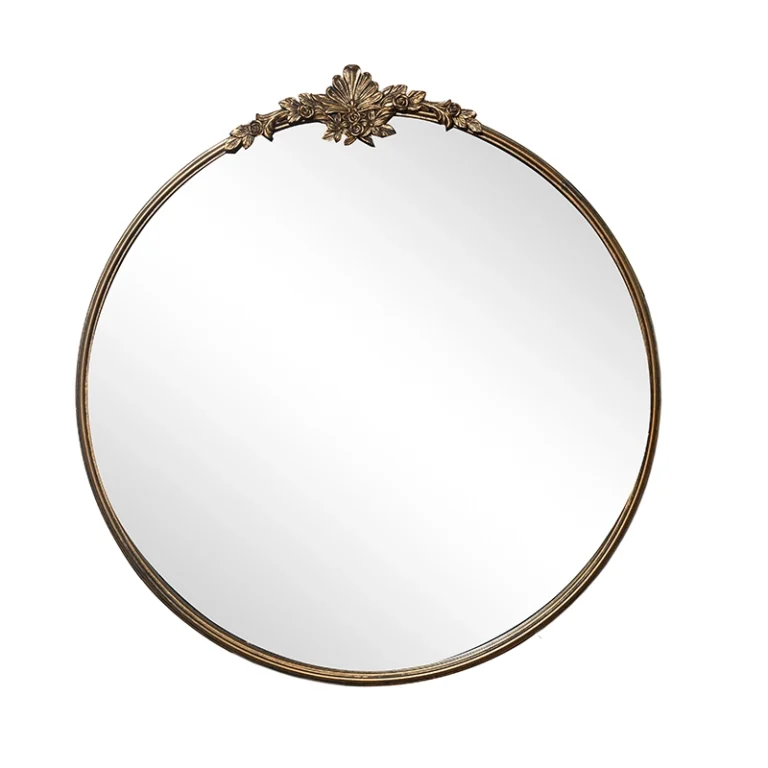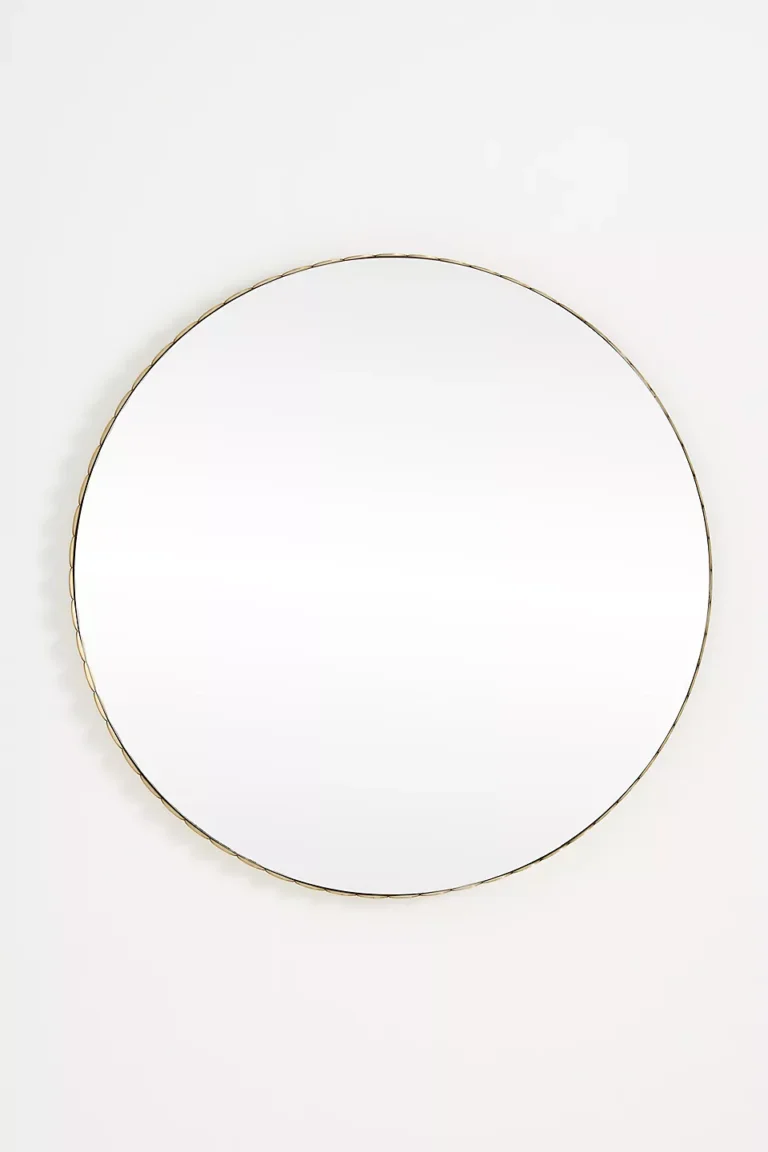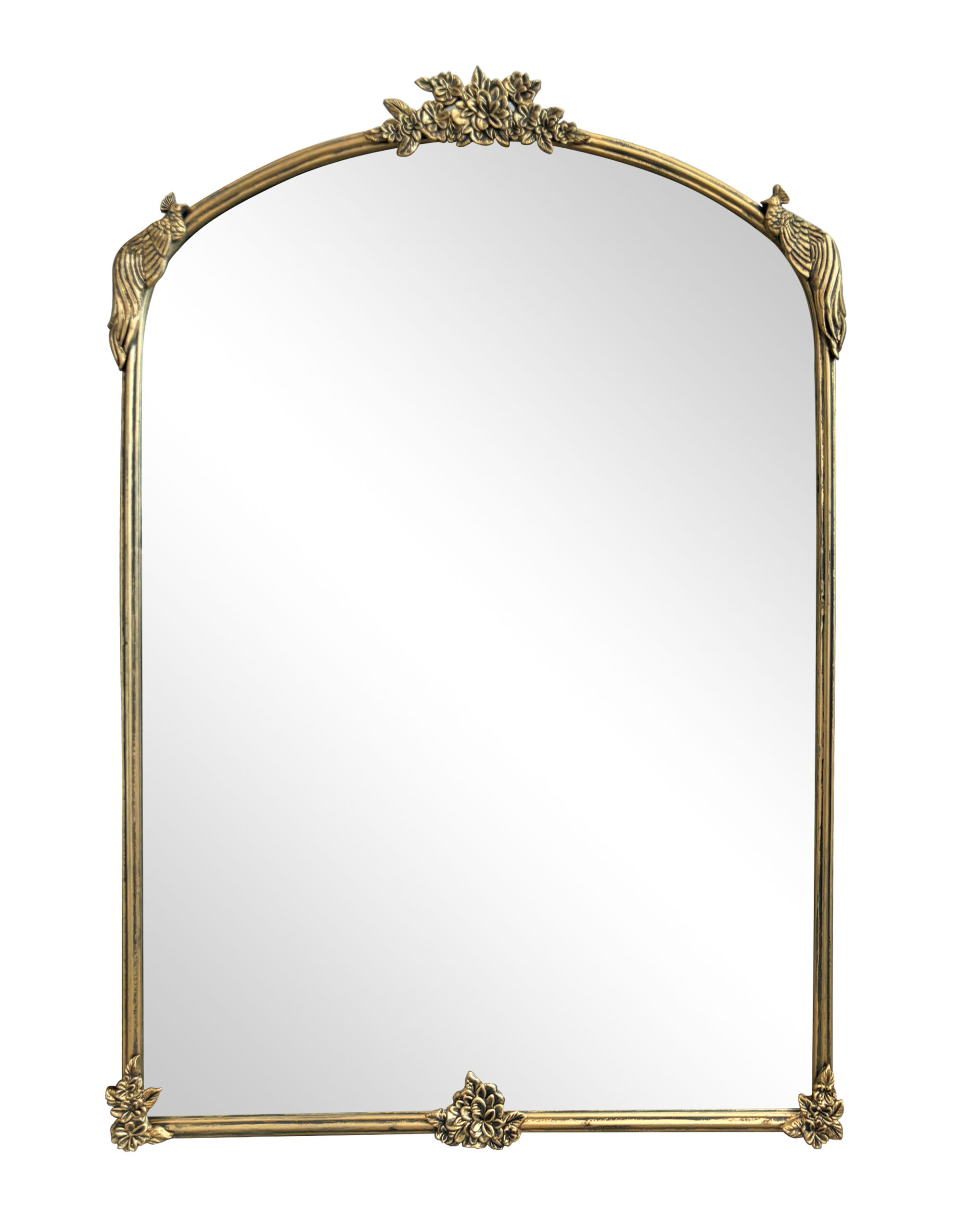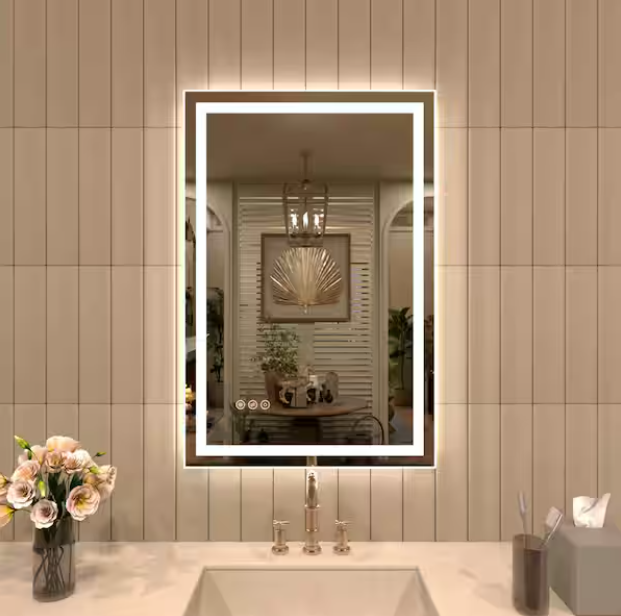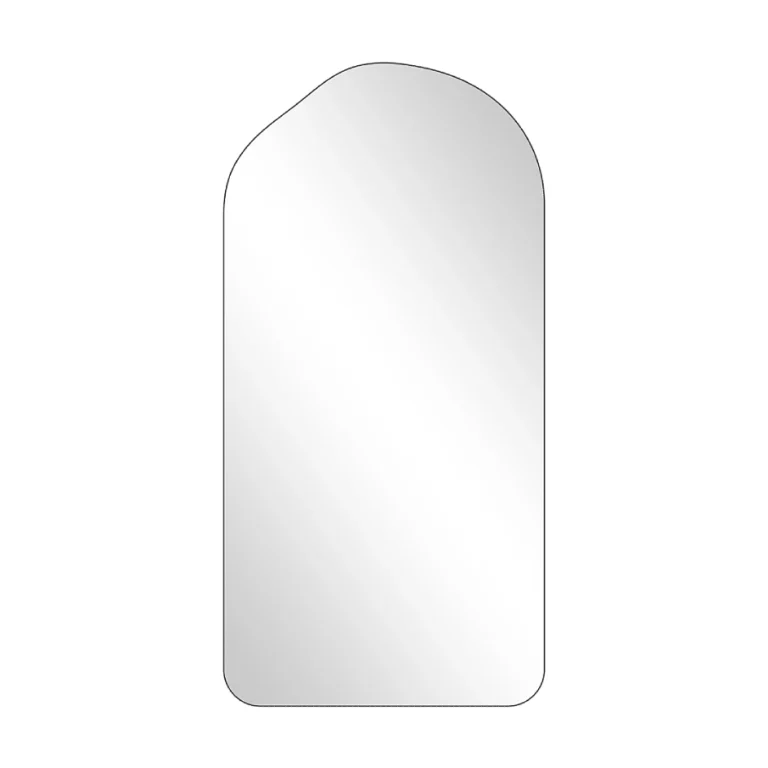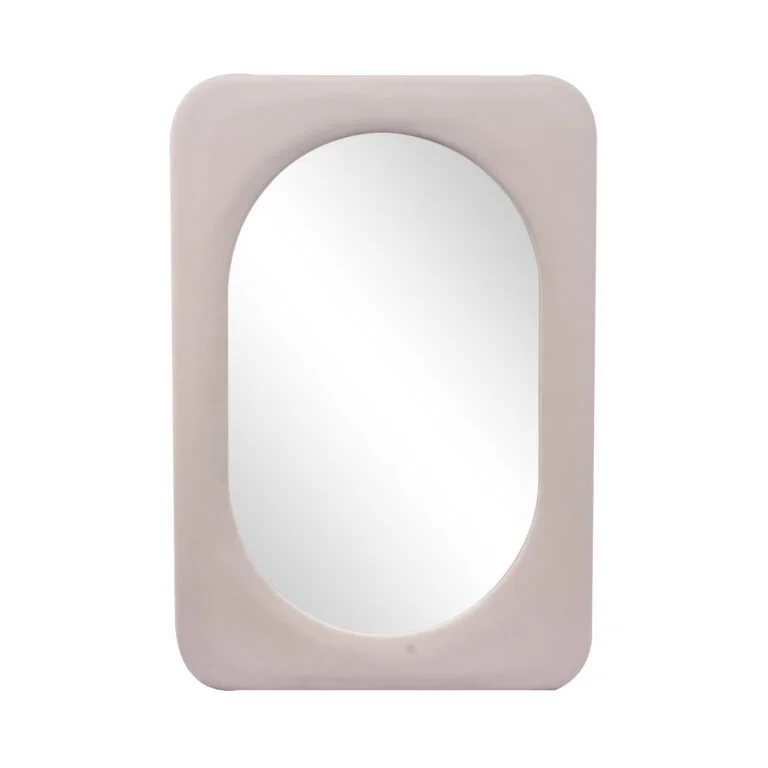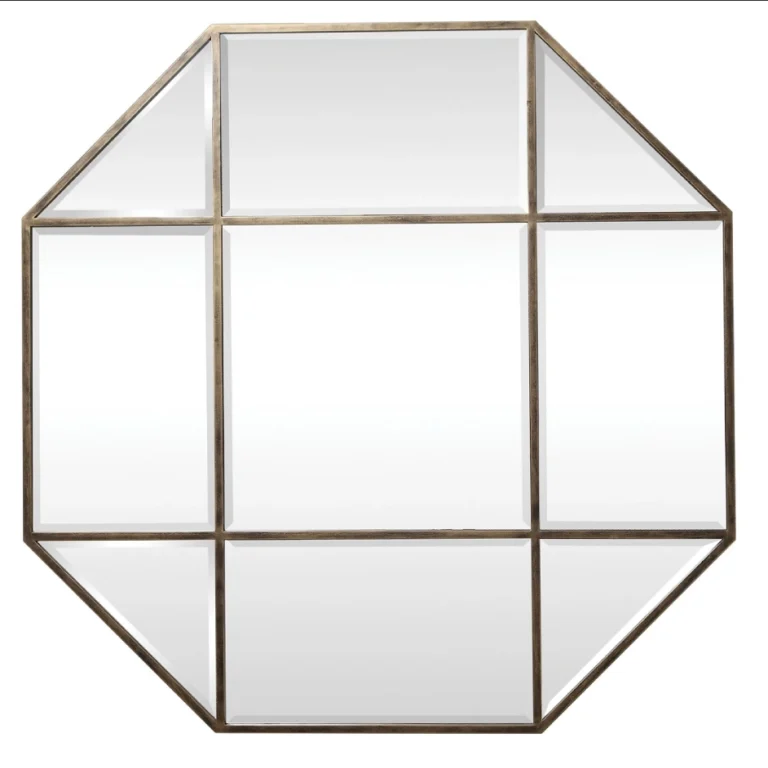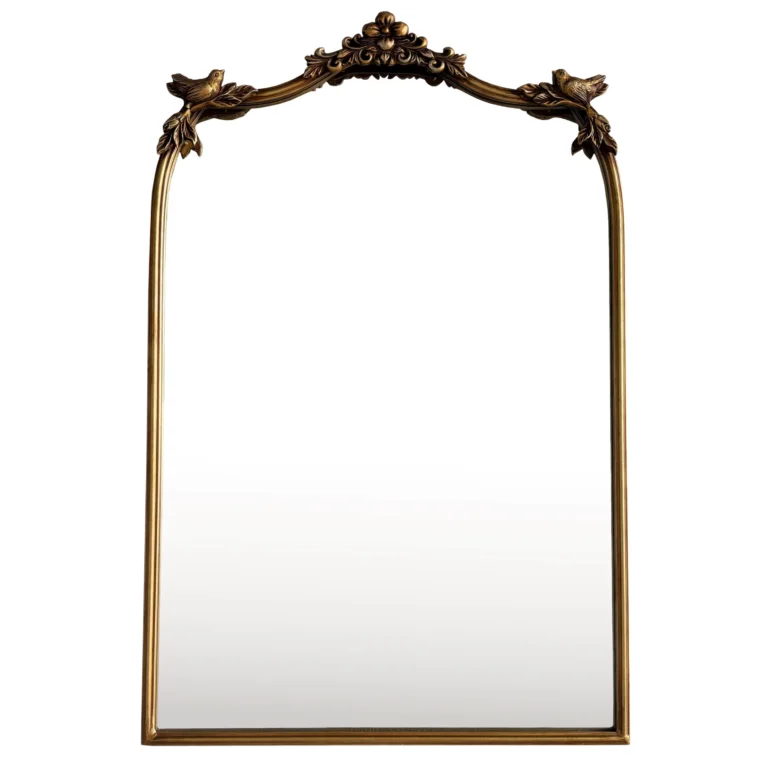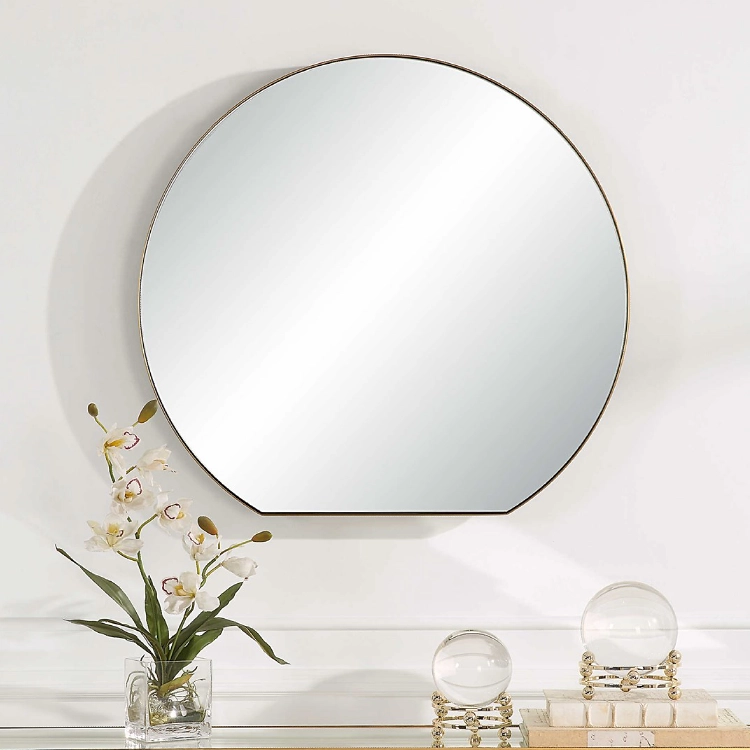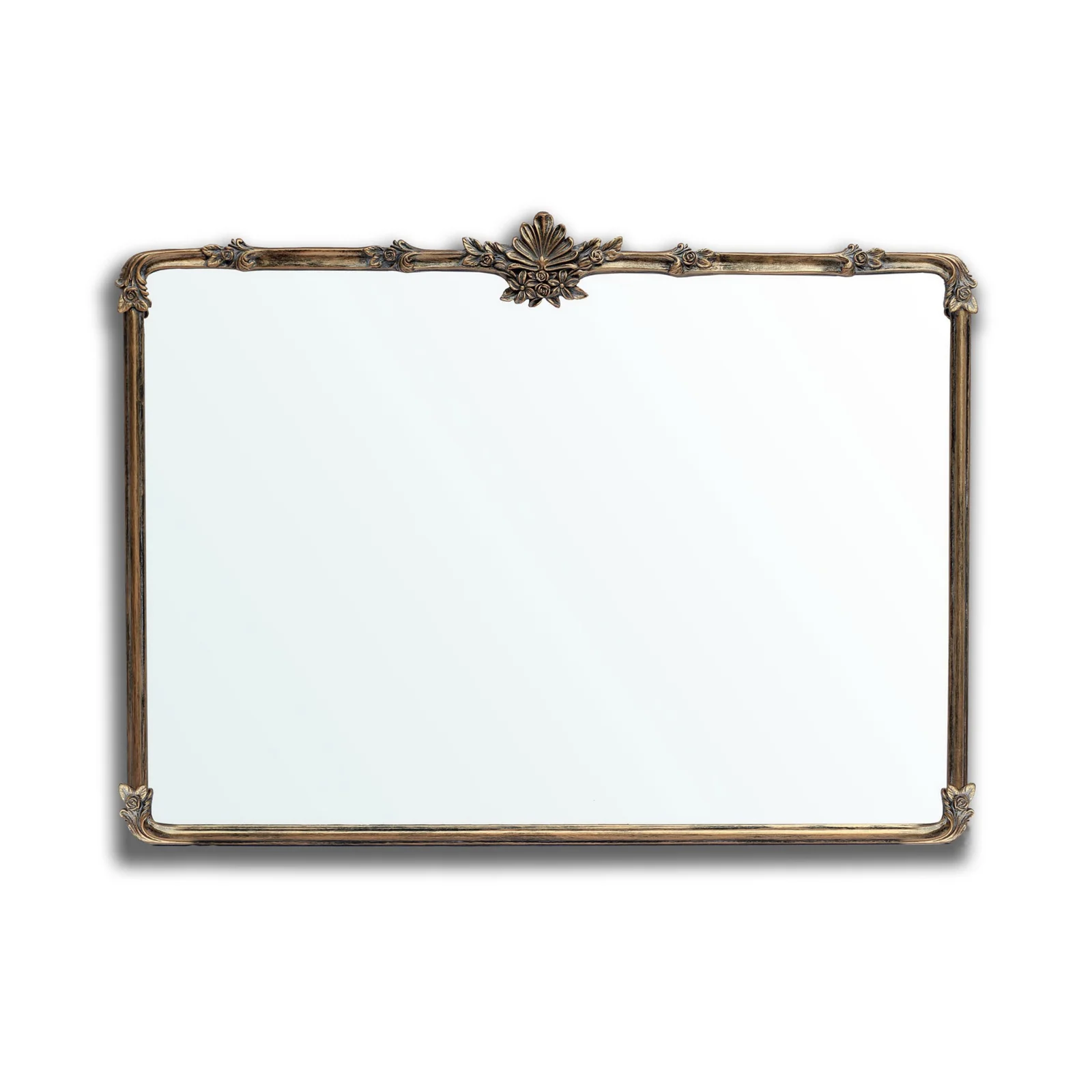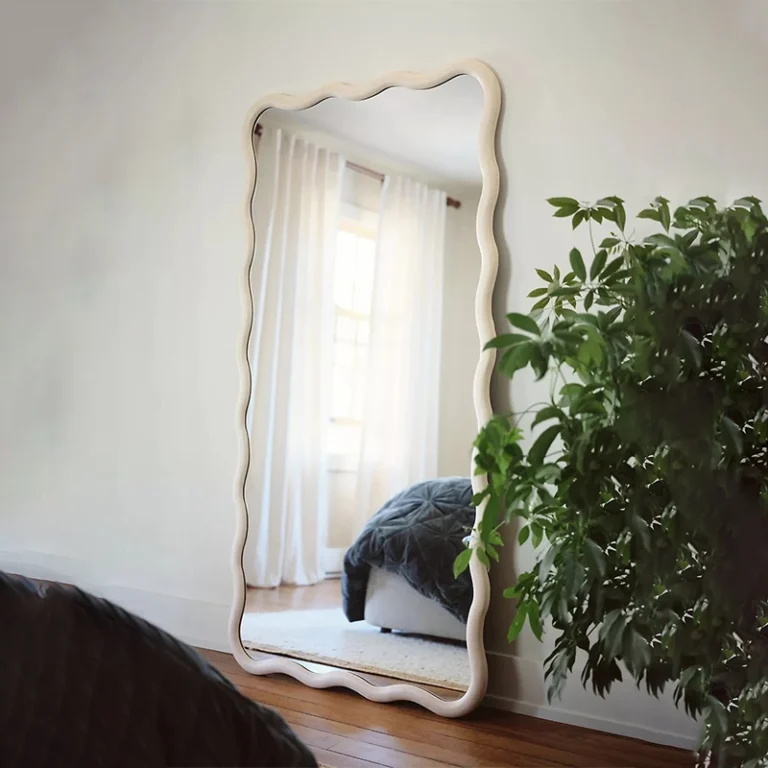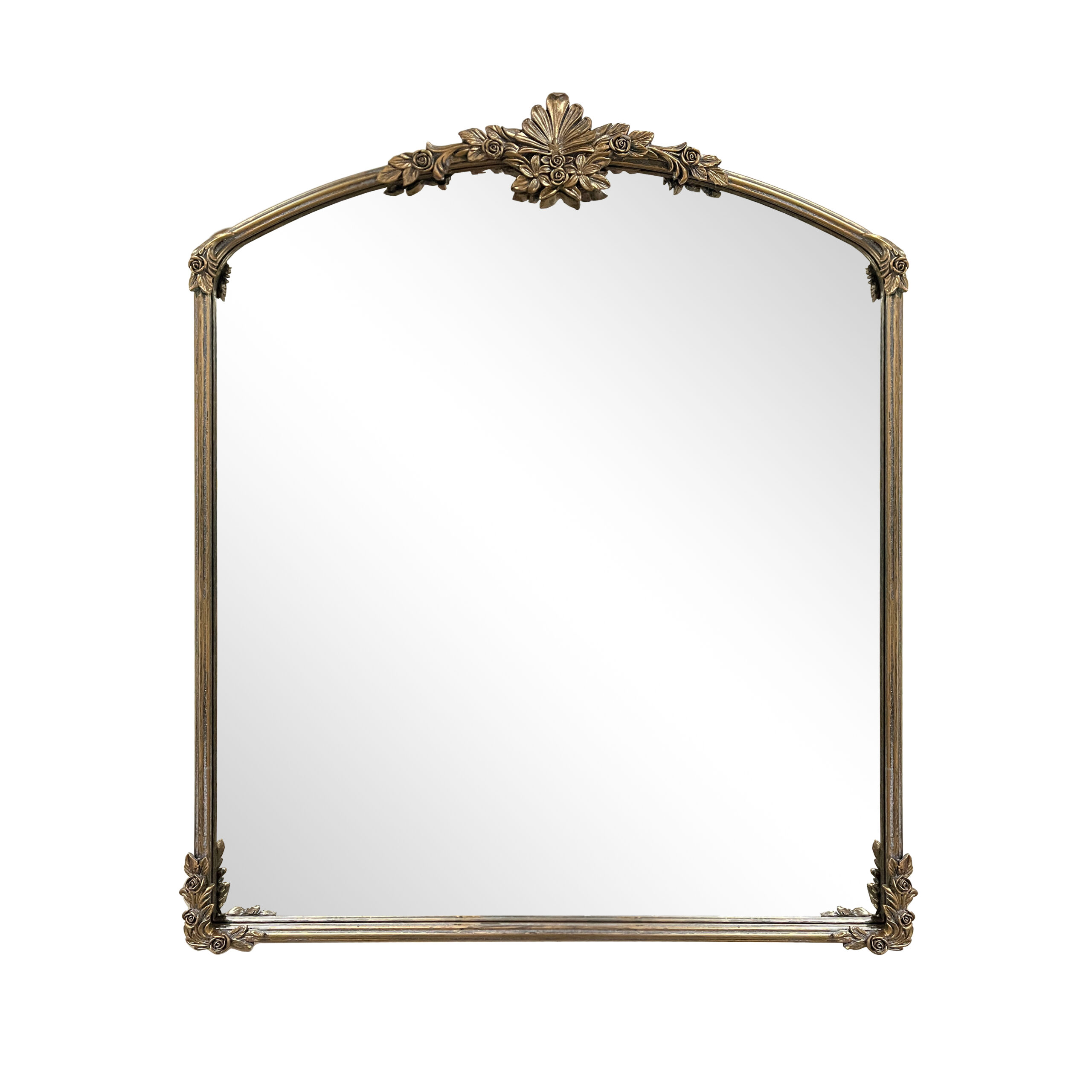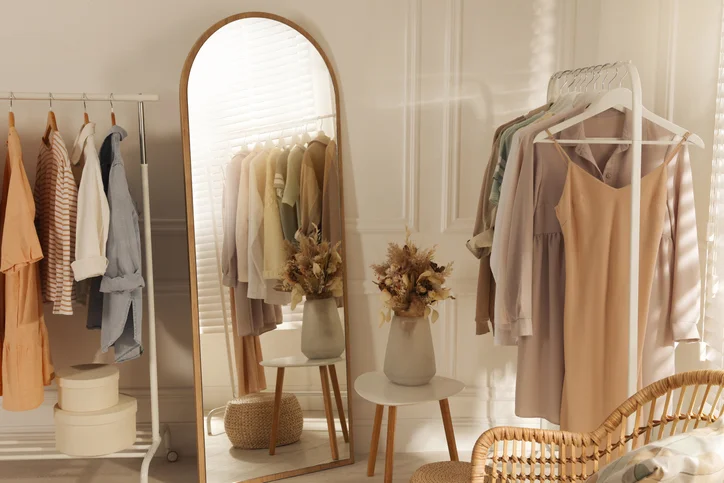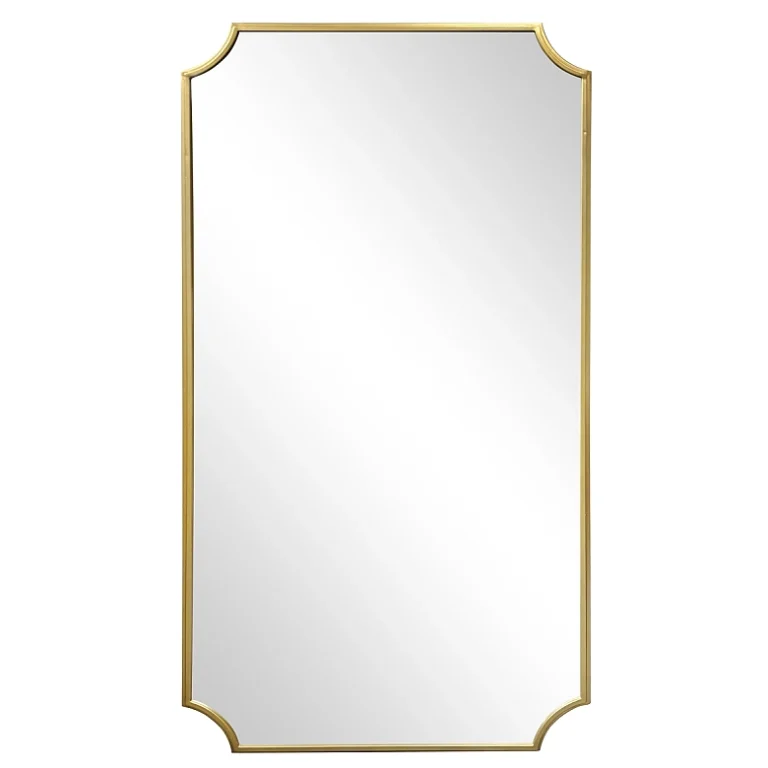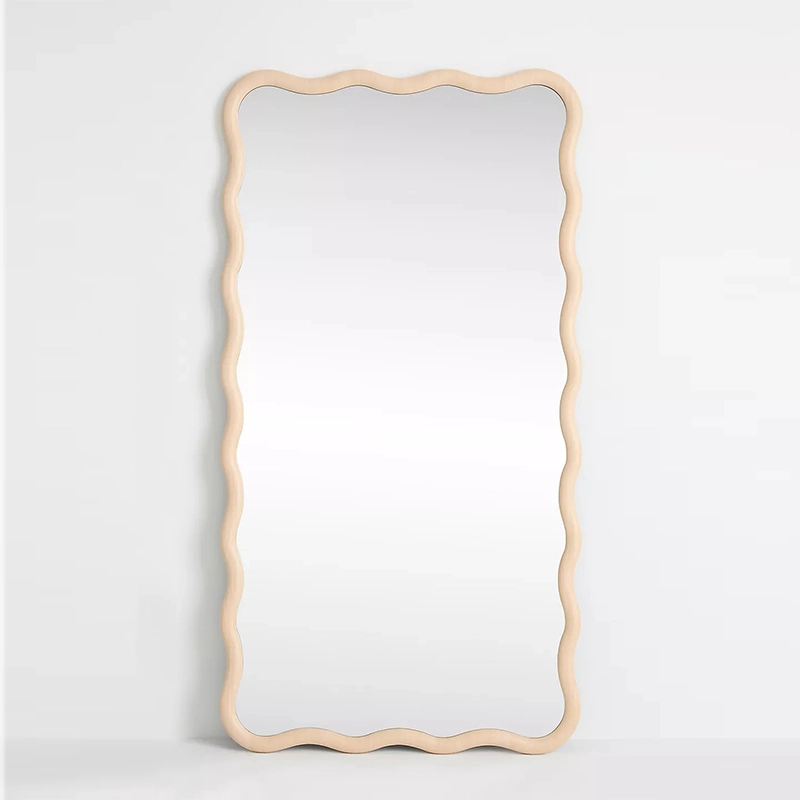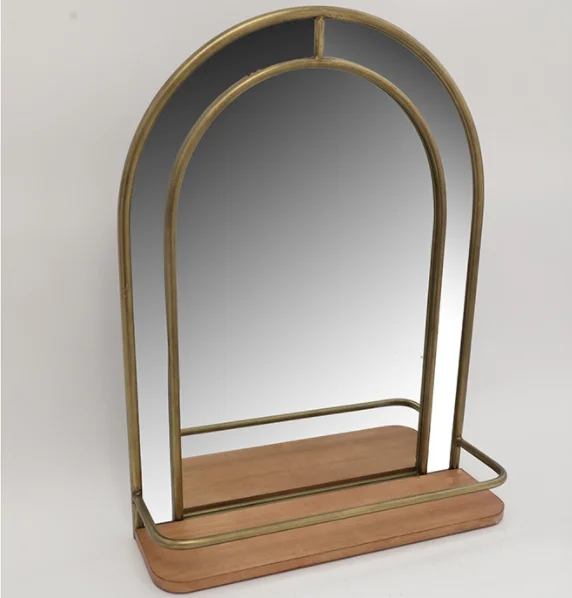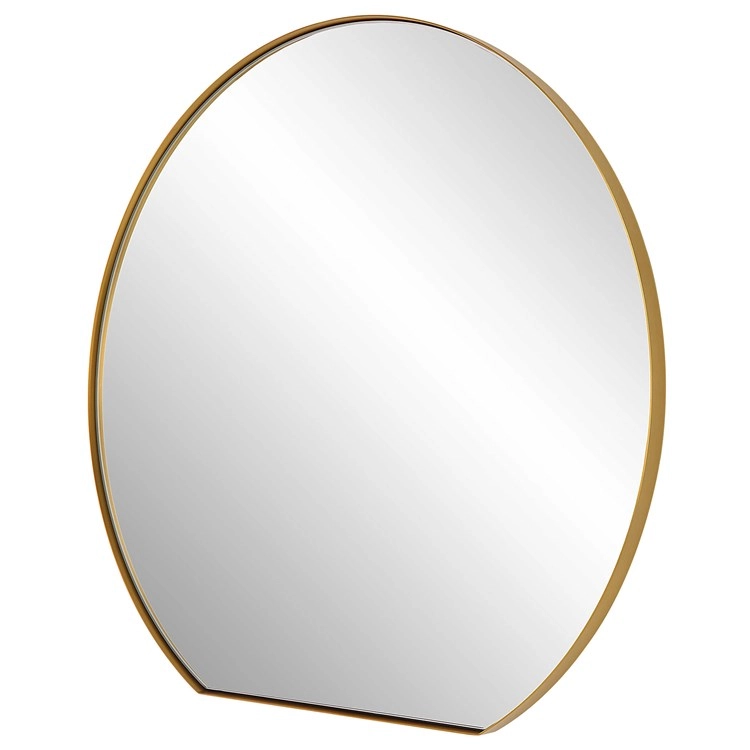Southwestern mirror
Of course. The American Southwestern mirror is a vibrant and distinctive design element, deeply rooted in the culture, landscape, and artistry of the American Southwest. It’s a stark contrast to the industrial loft style, trading raw metal for warm, natural materials and earthy tones.
Here’s a complete guide to the characteristics, origins, and use of Southwestern-style mirrors.
Key Characteristics of an American Southwestern Mirror
This style is less about a single feature and more about an overall feeling of warmth, craftsmanship, and connection to the desert.
-
Natural and Rustic Materials: The materials reflect the local environment.
-
Wood: This is the most common frame material. Look for ponderosa pine, cedar, or aspen, often with a visible, rustic grain. The wood is typically stained in warm tones (terracotta, sunset orange, honey gold) or dark, rich shades (brown, black).
-
Metal: Not the cold steel of a loft mirror, but wrought iron or hammered tin. The metalwork is often black or a dark bronze and features ornate, handmade designs.
-
Leather: Rawhide or leather lacing is frequently used as an accent, woven around the frame or used to hang the mirror.
-
-
Handcrafted and Artisanal Details: Imperfection is celebrated. These mirrors often look handmade, which is a key part of their charm.
-
Carving: Wood frames may be hand-carved with geometric patterns, sunbursts, or Native American-inspired symbols.
-
Tooling: Leather elements often feature intricate tooling designs.
-
Forged Metal: Metal elements are hand-forged, not mass-produced, with a slightly irregular, textured look.
-
-
Symbolic Motifs and Patterns: The designs are deeply symbolic, drawing from Native American (particularly Navajo, Hopi, Zuni) and Spanish Colonial traditions.
-
Geometric Patterns: Repeating triangles, arrows, zigzags, and stepped patterns (inspired by Mesas).
-
Nature Symbols: Sunbursts, sunflowers, coyotes, roadrunners, and lizards.
-
Native American Symbols: Patterns inspired by Navajo rugs, Pueblo pottery designs, and arrowheads.
-
-
Shape and Form:
-
Rounded Tops: A signature feature is the crowned or arched top, reminiscent of the horizon line of desert mesas or the architecture of Spanish missions.
-
Rectangular: Simple, solid rectangular frames are also common, letting the material and carving provide the style.
-
Sunburst Mirrors: A very popular sub-style where metal or wood rays emanate from the central mirror, creating a sunburst effect.
-
-
Color Palette: The colors are drawn directly from the desert landscape.
-
Earthy Tones: Terracotta, sand, beige, and brown.
-
Sky Tones: Turquoise, sage green, and deep blue.
-
Sunset Tones: Burnt orange, deep red, and mustard yellow.
-
Neutrals: Whitewash and stark black are also used for contrast.
-
Cultural Influences
The Southwestern style is a beautiful fusion of several cultures:
-
Native American: Provides the symbolic patterns, geometric designs, and use of natural materials like leather and turquoise.
-
Spanish Colonial/Mission: Introduced the wrought iron metalworking techniques, the arched forms, and the use of heavy, dark wood.
-
Old West/Pioneer: Contributes the rustic, rugged, and functional “ranch” feel.
How to Incorporate a Southwestern Mirror in Your Home
-
Entryway: Make a bold first statement. A large, crowned mirror in warm wood makes an inviting focal point.
-
Living Room: Hang it above a rustic console table or a fireplace with a rustic mantel. It pairs perfectly with a Navajo rug and earthy pottery.
-
Bathroom: A smaller sunburst or simple wooden mirror adds character without overwhelming the space. It works well with terra cotta tiles and sandstone countertops.
-
Bedroom: Above a dresser or a bed with a rustic wooden headboard, it creates a warm and relaxing sanctuary.
-
Styling Tips:
-
Pair with Textures: Combine it with other Southwestern elements like woven baskets, cowhide rugs, rough pottery, and cacti.
-
Balance the Look: Because the style is so strong, it often works best in a room with neutral walls (white, beige, warm grey) to let the mirror be the star.
-
Mix Eras: A Southwestern mirror can add warmth and soul to an otherwise modern room, creating a fantastic “desert modern” look.
-
Where to Buy
-
Local Artisans & Craft Fairs: The best place to find authentic, hand-made pieces is directly from artists in Southwestern states (Arizona, New Mexico, West Texas, Southern Colorado, Southern Utah).
-
Etsy: An excellent source for handmade and vintage Southwestern mirrors from individual sellers and artisans.
-
Native American Trading Posts & Galleries: Many sell authentic pieces, though they can be investment-level expensive.
-
Western/Farmhouse Retailers: Stores like Boot Barn or Tractor Supply Co. often carry rustic home decor that fits this style.
-
Large Retailers: World Market, Pottery Barn, and Urban Outfitters often have more mass-produced, Southwestern-inspired collections that capture the aesthetic at a lower price point.
In summary, an American Southwestern mirror is a piece of artisanal craftsmanship. It’s defined by its warm, natural materials, symbolic handcrafted details, and forms inspired by the desert landscape and the cultures that inhabit it. It brings warmth, history, and a bold personality to any space.
Generally speaking, our order requirements are as follows: the minimum order quantity (MOQ) for large items is 50 pieces, for regular items it is 100 pieces, for small items it is 500 pieces, and for very small items (such as ceramic decorations) the MOQ is 1,000 pieces. Orders exceeding $100,000 will receive a 5% discount. The delivery timeline is determined based on the specific order quantity and production schedule. Typically, we are able to complete delivery within two months.
